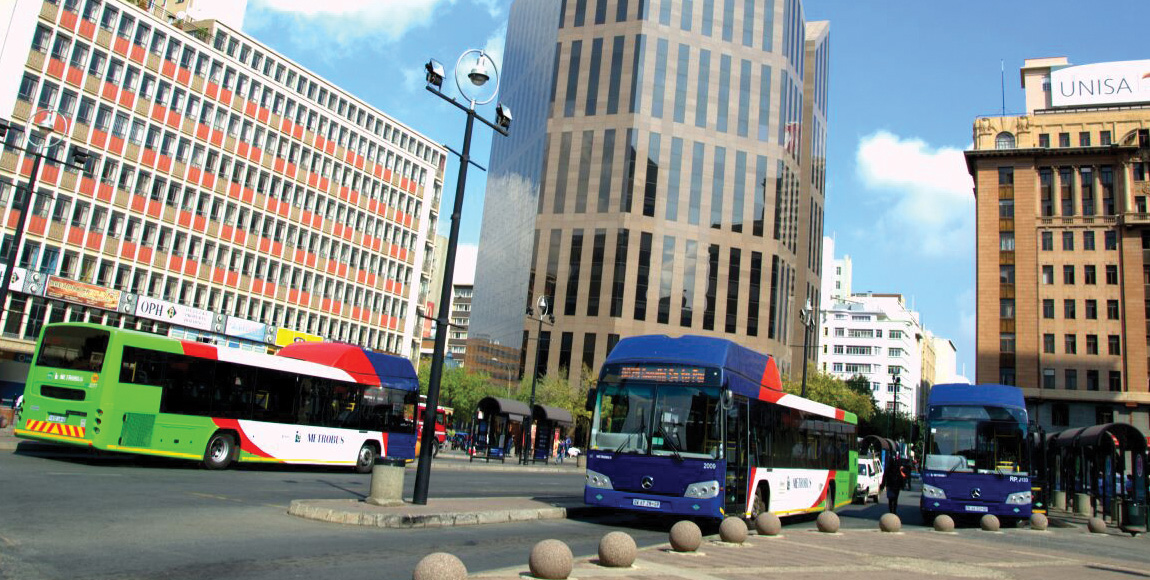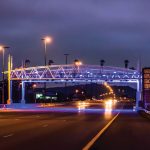Will the next new word be “dryfskam”?

Stranded assets. Just transition. Sunset industry. Ten years ago these terms were almost unheard of. Now they are part of everyday conversation. A more recent new word is flygskam. I predict that the next word will be dryfskam, which needs no explanation
None of this is a concern for those who are buying bigger SUVs, driving at 300 km/h, spinning their cars and applying for another fuel station licence. But for those who are genuinely concerned and would like to make even a token contribution, we should start looking at a few simple things that will help to reduce the impact on the environment down the line, without reinventing the wheel.
The very least we can do – starting tomorrow – is to observe the speed limits. By doing so, every motorist will be making a statement about protecting the environment and will be helping to save about one-billion litres of fuel each year. That’s R15 billion more in motorist’s pockets, plus a reduction in the severity of accidents and other costs. (By the way, the blue-light brigade will also have to come into line.)
The next fairly easy thing to do would be to fix public transport, which currently contributes to our economic and environmental problems.
Where do we start?
We should not start with the minibus-taxi industry, as its business model is helping to sustain inequality. I have searched through hundreds of academic research papers and conference presentations over the years, but still have to read a single one pointing out that minibus-taxi users are overpaying R45 billion a year on taxi fares. No taxi passenger should have to pay more than a rail passenger would, for the same distance.
We should also not start with Metrorail. Having been run into the ground, it is currently under administration. A panel of “qualified” advisers is trying to get it back on its feet.
The Gautrain is also not a good place to start. Its business model matches that of the minibus taxis, in that it gives poor value for money. If one third of the effort and resources given to the Gautrain had been spent on introducing five new bus routes between Johannesburg and Pretoria, we would now have more to show for our trouble.
So where do we start to fix things quickly?
The most effective step would be to put all existing subsidised bus services under administration. Currently they are operated by a ragged mix of private companies, municipalities and provinces, most of whom are ineffective, poorly managed, inadequate and uncoordinated.
Each one has its own board of directors, who are doing nothing to improve services, or to raise passenger levels by cooperating with each other. I suggest starting with the board of Johannesburg Metrobus!
A single bus administration in each area would reorganise these services so that they could handle all their existing passengers during the peak period, while also providing space for quite a large number of people, who at present go to work by car. We won’t need extra buses to achieve this, although we will need to operate more kilometres and employ more drivers.
We are in a hole. Let’s stop digging deeper.
Published by
Vaughan Mostert
focusmagsa




